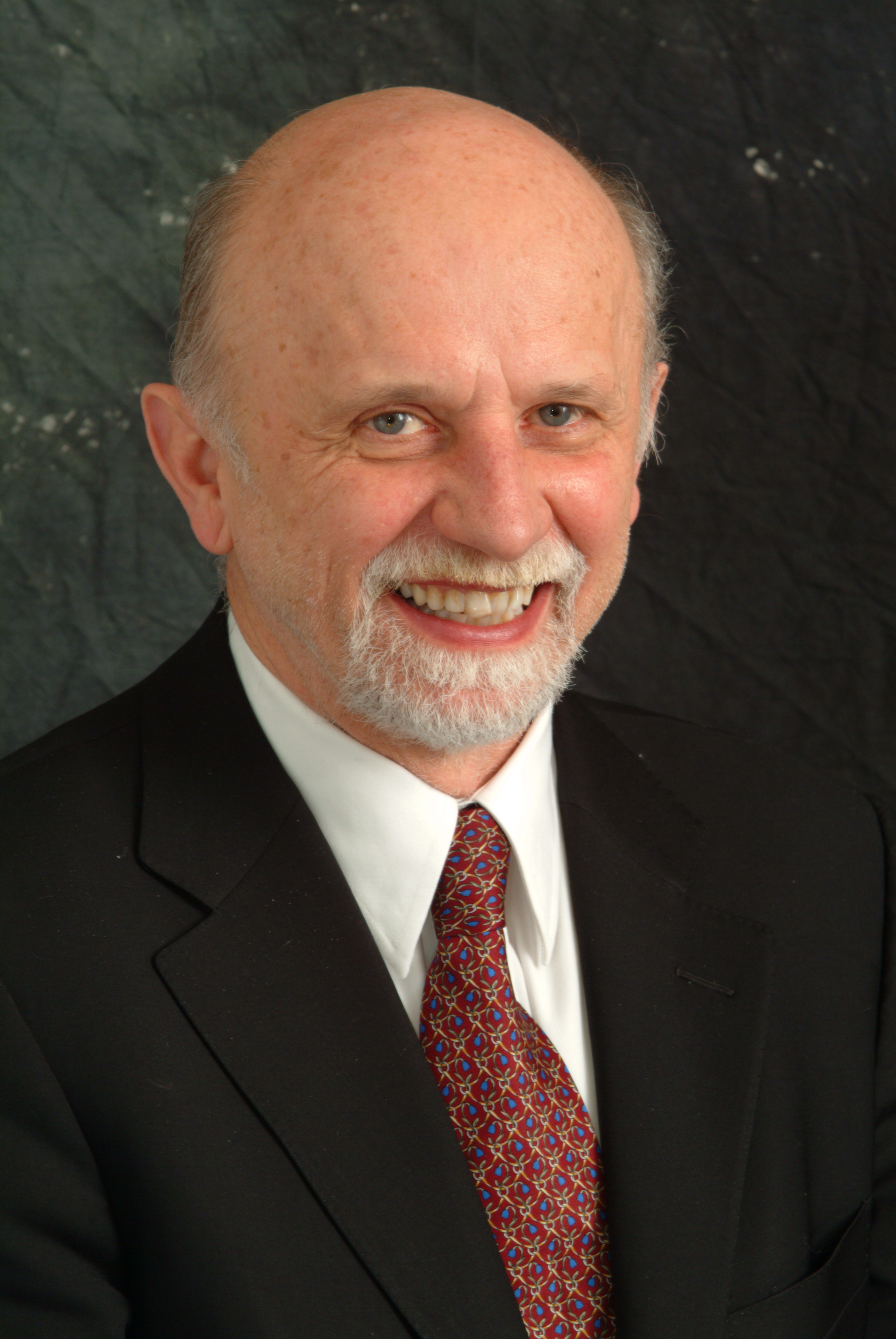Ted Belytschko Awarded Honorary Membership in ASME
Ted Belytschko Awarded Honorary Membership in ASME
 NEW YORK, November 19, 2013 — Ted Belytschko, Ph.D., a resident of Winnetka, Ill., and McCormick distinguished professor and Walter P. Murphy professor of computational mechanics at Northwestern University (Evanston, Ill.), was honored by ASME. He was recognized for fundamental contributions to computational and applied mechanics, particularly the extended finite element method and its impact on industry. He received Honorary Membership in ASME.
NEW YORK, November 19, 2013 — Ted Belytschko, Ph.D., a resident of Winnetka, Ill., and McCormick distinguished professor and Walter P. Murphy professor of computational mechanics at Northwestern University (Evanston, Ill.), was honored by ASME. He was recognized for fundamental contributions to computational and applied mechanics, particularly the extended finite element method and its impact on industry. He received Honorary Membership in ASME.
First awarded in 1880, the founding year of the Society, Honorary Membership recognizes a lifetime of service to engineering or related fields. The award was conferred on Dr. Belytschko at the Society's annual Honors Assembly held in conjunction with the 2013 ASME International Mechanical Engineering Congress and Exposition, Nov. 15 through 21, in San Diego.
Belytschko is a world renowned computational mechanician whose innovative and fundamental contributions to solid mechanics have enabled the solution of previously intractable problems and inspired new directions of research. He has had a broad impact on mechanics and particularly computational mechanics as reflected in his citation report: He has 26,595 citations and an h-index of 86, which is extremely high for an engineer.
Belytschko joined the faculty at Northwestern University in 1977 as professor of computational mechanics. He has been Walter P. Murphy professor of computational mechanics since 1991, and since 2003 is McCormick distinguished professor. He was chair of the department of mechanical engineering from 1997 to 2002.
Previously he was on the faculty (1968-77) at the University of Illinois at Chicago, advancing from assistant professor to associate professor in 1973, and to professor of structural mechanics in 1976.
His main interests lie in the development of computational methods for engineering problems. He has developed explicit finite element methods that are widely used in crashworthiness analysis and virtual prototyping. Recently he has worked on meshfree methods, techniques for representing arbitrary discontinuities in finite elements and multiscale coupling methods.
He is co-author of Nonlinear Finite Element Methods for Continua and Structures (John Wiley & Sons, 2000) with W.K. Liu and B. Moran and A First Course in Finite Elements (John Wiley & Sons, 2007) with J. Fish. He is editor-in-chief of the International Journal for Numerical Methods in Engineering. He has published more than 400 journal papers and is one of the most cited researchers in engineering science.
An ASME Fellow, Belytschko was chair (1990-91) of the Applied Mechanics Division (AMD). He chaired AMD's Computational Methods in Applied Mechanics Committee (1978-80) and the Technical Program Committee for the ASME/American Society of Civil Engineers (ASCE) Mechanics Conference in 1981. He served as associate editor of the Journal of Applied Mechanics (1979-85, 1990-91). Belytschko received the Timoshenko Medal in 2001. In 2007 the AMD renamed its Applied Mechanics Award the Ted Belytschko Applied Mechanics Division Award.
Belytschko is a member of the National Academy of Engineering, the American Academy of Arts and Sciences and the National Academy of Sciences. He is also a member of the American Academy of Mechanics; the American Association for the Advancement of Science; ASCE; and the United States Association for Computational Mechanics (USACM), where he served as president (1992-94).
Belytschko earned his bachelor's degree in engineering sciences and his Ph.D. in mechanics at the Illinois Institute of Technology, Chicago, in 1965 and 1968, respectively. He received honorary doctorates from the University of Liege, Belgium (1997); the École Centrale Paris (2004); and the Institut National des Sciences Appliquées de Lyon, France (2006).
About ASME ASME helps the global engineering community develop solutions to real world challenges. Founded in 1880 as the American Society of Mechanical Engineers, ASME is a not-for-profit professional organization that enables collaboration, knowledge sharing and skill development across all engineering disciplines, while promoting the vital role of the engineer in society. ASME codes and standards, publications, conferences, continuing education and professional development programs provide a foundation for advancing technical knowledge and a safer world. For more information visit www.asme.org.



